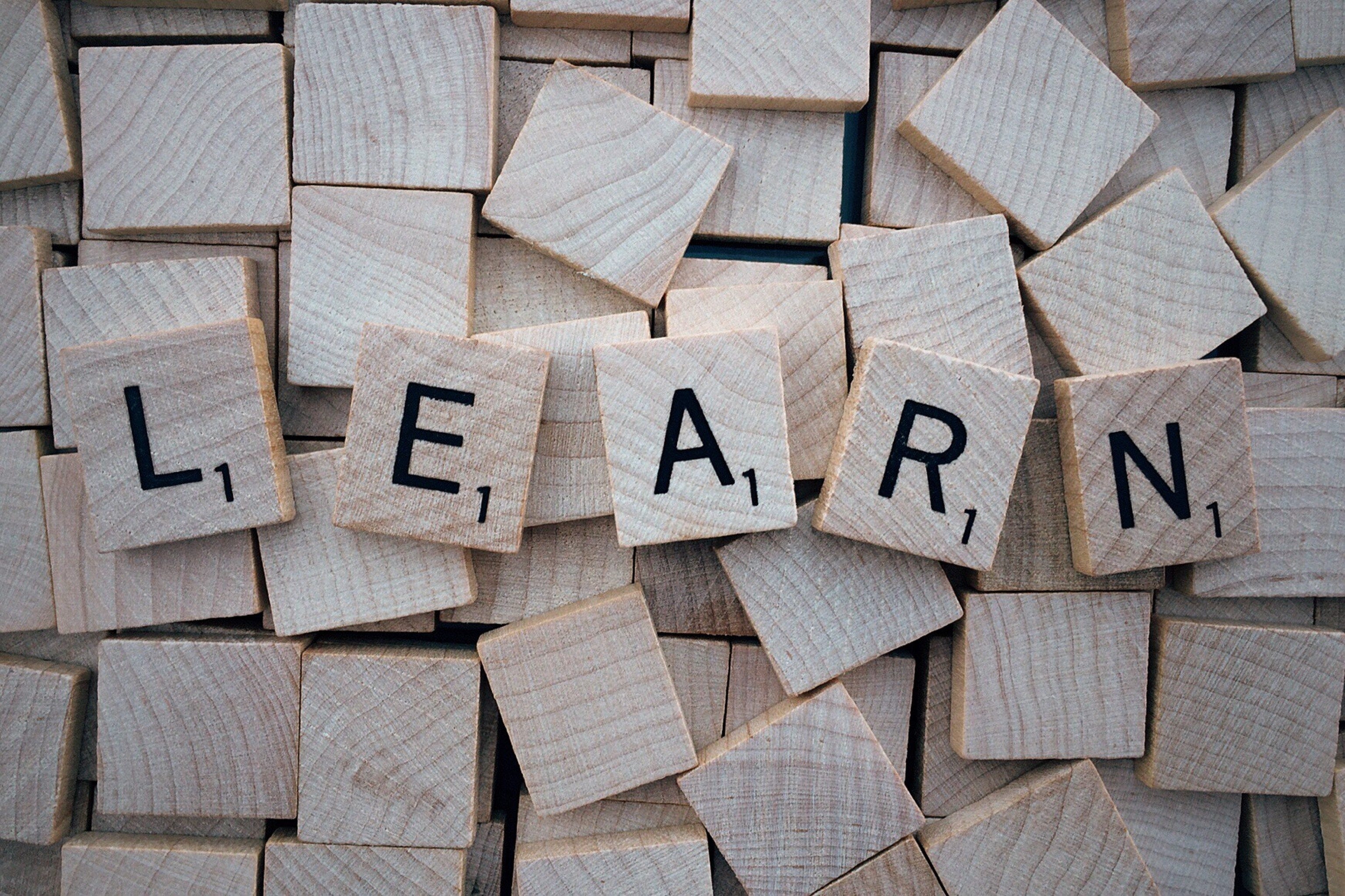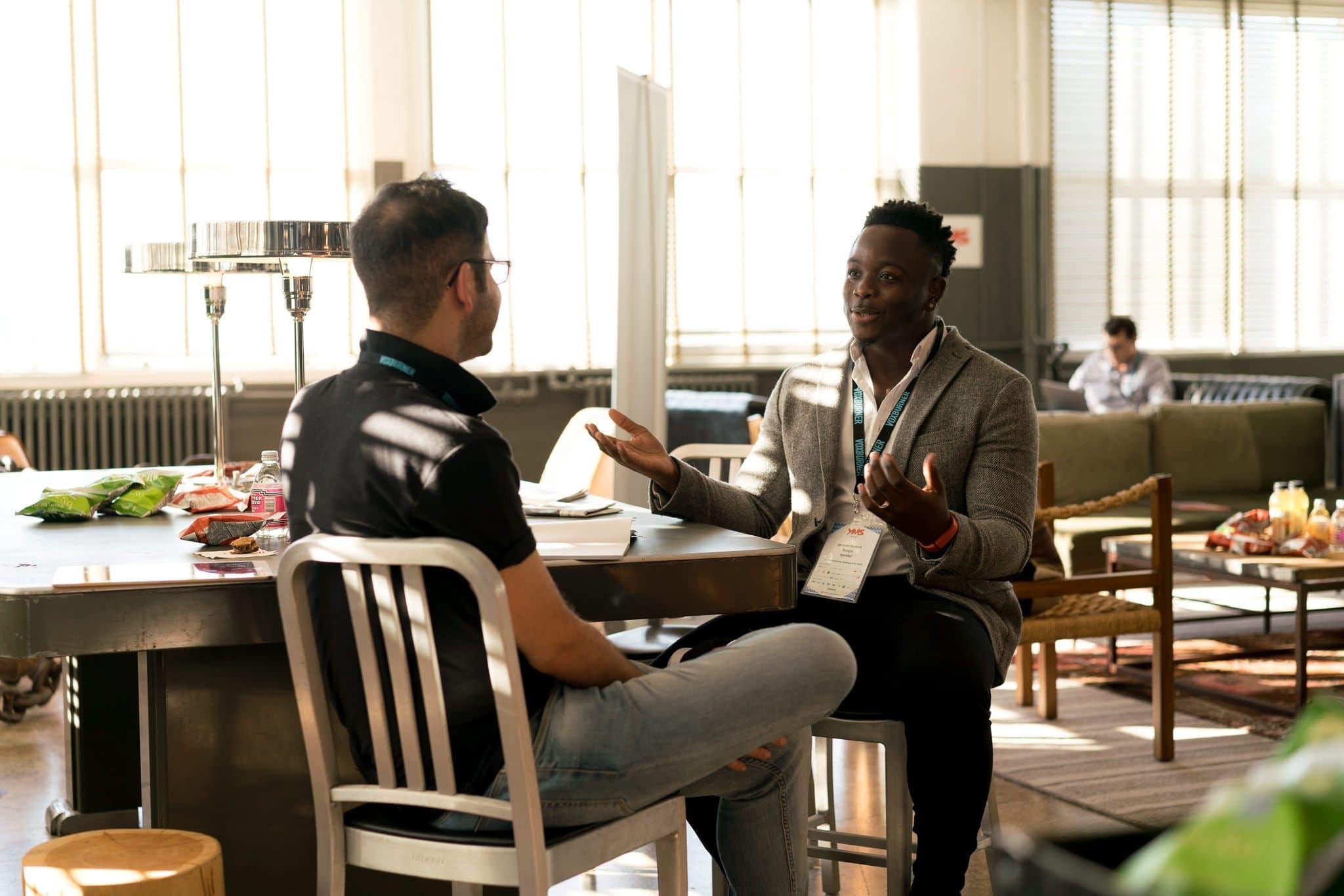Reflections On Trying To Be A Better Educator and A Better Human.
As I enter the final week of the school term with no leaving party, no speeches, no real chance to say goodbye to BSM and Manila, I found myself reflecting on what the last seven years had taught me professionally and personally.
Here in no particular order are seven lessons in leadership I have learned since 2013. Most of them I got wrong before I got right, but I think all of these have helped me to a better teacher and a better person.
It is worth noting that every single one is a work in progress.

- Don’t Send Long Emails.
Often we spend such a long time trying to put ourselves across in the right way over email, and we get tied up in knots.
There is no perfect email or structure to send an email. I used to spend hours trying to articulate something that I was sure wouldn’t be misunderstood. I have accepted that however well-written any email is, it can and likely will be, misinterpreted.
I try hard not to send emails that are longer than a few paragraphs. Instead, I write short emails, asking for a face to face conversation, and if I can’t see the person in real life, I look to arrange a video call.
I find this helps in ensuring I am understood, and I can take on board the other person’s view too. It makes the connection easier and builds trust.

2. Listen
We are all guilty of sitting, acting like we are listening, but we are just waiting for our turn to speak.
By listening to the person, we are dealing with — whether student or colleague — the level of connection is improved and the conversation is purposeful. The impact on both parties means they feel listened to and respected. Brene Brown talks about the importance of trust between people as a ‘Sliding Doors’ moment if the person opposite feels they are not heard during a conversation, that door shuts, and they are less likely to be open in future discussions.
Listening, really listening is still something I have to work at; it’s not always easy when we are busy moving from one thing to the next.
3. Empathise With The Person in Front Of You
Every school, club and organisation has rules, but sometimes rules don’t put people first, rules are not empathetic.
Rather than grabbing the nearest appropriate rule to back up or rationalise a decision, I ask myself what the best/ right thing to do for the person I am dealing with is. I try to ensure I get a clear picture of context and specifics, and I work hard to be kind.
Empathising doesn’t mean always agreeing, I have found difficult conversations are still difficult, and often the best ideas come from disagreements.
If discussions are approached with empathy, and I stick to my own guiding principles, I am much more likely to feel confident in the outcomes, regardless of what they are.

4. Don’t Make A 5 Year Plan.
Or, if you do, accept the likelihood of it following a linear pattern is slim, and that’s ok.
I used to love a 1, 3 and 5-year plan structure; I have many written down. Simon Mann, an incredible head and massive influence on my development, was the exact opposite and often used to share that he planned to have ‘no plan’. This often had my head spinning, but it did allow flexibility and the agility to respond to emerging issues within the school or community quickly. Often problems that would have the chance to be addressed in three weeks during the appropriate meeting could be swiftly discussed, wasting less time in making progress.
I’m still not comfortable with a ‘no plan’ plan, but I now see that plans that are too rigid often stifle creativity. Our world is changing at an exponential rate, and what’s right now might not be in years to come.
#self-improvement #leadership #education #schools #learning #deep learning
